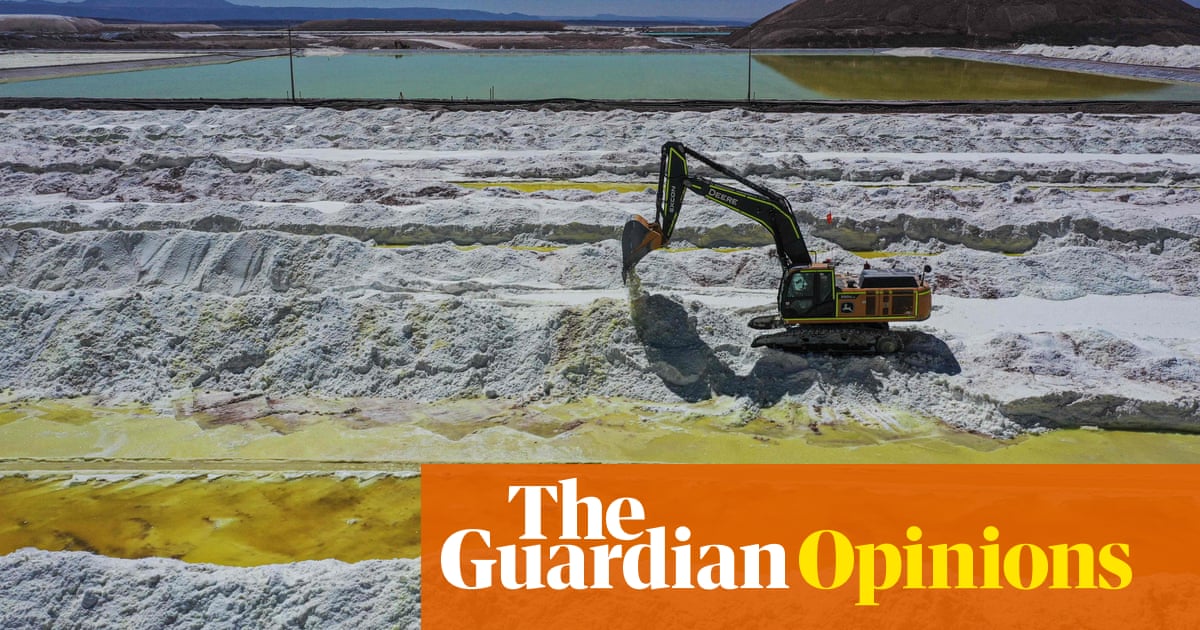Despite its name, the infrastructure used by the “cloud” accounts for more global greenhouse emissions than commercial flights. In 2018, for instance, the 5bn YouTube hits for the viral song Despacito used the same amount of energy it would take to heat 40,000 US homes annually.
Large language models such as ChatGPT are some of the most energy-guzzling technologies of all. Research suggests, for instance, that about 700,000 litres of water could have been used to cool the machines that trained ChatGPT-3 at Microsoft’s data facilities.
Additionally, as these companies aim to reduce their reliance on fossil fuels, they may opt to base their datacentres in regions with cheaper electricity, such as the southern US, potentially exacerbating water consumption issues in drier parts of the world.
Furthermore, while minerals such as lithium and cobalt are most commonly associated with batteries in the motor sector, they are also crucial for the batteries used in datacentres. The extraction process often involves significant water usage and can lead to pollution, undermining water security. The extraction of these minerals are also often linked to human rights violations and poor labour standards. Trying to achieve one climate goal of limiting our dependence on fossil fuels can compromise another goal, of ensuring everyone has a safe and accessible water supply.
Moreover, when significant energy resources are allocated to tech-related endeavours, it can lead to energy shortages for essential needs such as residential power supply. Recent data from the UK shows that the country’s outdated electricity network is holding back affordable housing projects.
In other words, policy needs to be designed not to pick sectors or technologies as “winners”, but to pick the willing by providing support that is conditional on companies moving in the right direction. Making disclosure of environmental practices and impacts a condition for government support could ensure greater transparency and accountability.



I think that some are allergic to any slightest notion of capitalism being good
Which may be because recent history has proven beyond doubt that capitalism without regulation is catastrophical and capitalists will always push the boundaries & try to get rid of regulation, thereby it is always catastrophical, with temporary periods where it looks good on the surface.
Carbon taxes doesn’t make capitalism good, it’s still like, the cause of the problem in the first place
hey i think you attracted some of those people you mentioned :)
Sometimes I just want to see online world burn
Now do I want to engage em or not? Probably not I guess, it would be tiring especially since any nuance is lost on the web in favour of black and white thinking
I’ll play some guitar or eat burgers while they produce their stuff. Maybe draw something or blender hm
The key to healthy internet is to wisely choose your keyboard battles and not get bogged down by the army of simpletons
On top of that, if you refuse to defend your vague statements implying it would be a waste of your time and beneath you, you end up being always right!
I mean only something that can crumble needs defending. If something is made from undefeated steel it can be left and is as pristine as ever upon return.